Rare Gene Mutation Linked to Unusual Movement Disorder in Infants
Researchers studied a patient with unusual movement problems linked to a change in the PRRT2 gene.
This hub covers pediatric epilepsy in infants, kids, and teens, including diagnosis, syndromes, development, school plans, and safety. New studies translated into clear takeaways for parents.
Usually when two appropriate medications haven’t controlled seizures.
Many families benefit and it depends on seizure frequency, medications, and learning needs.
Often yes, with smart precautions. Ask your neurologist or epileptologist about your child’s specific risks.
Clusters, prolonged seizures, breathing trouble, new weakness, or major regression.
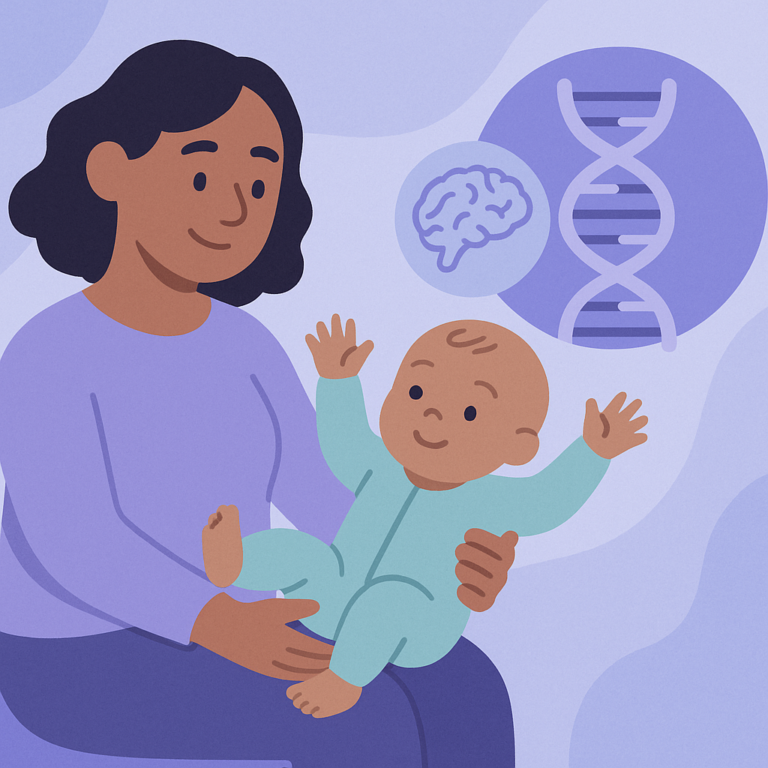
Researchers studied a patient with unusual movement problems linked to a change in the PRRT2 gene.
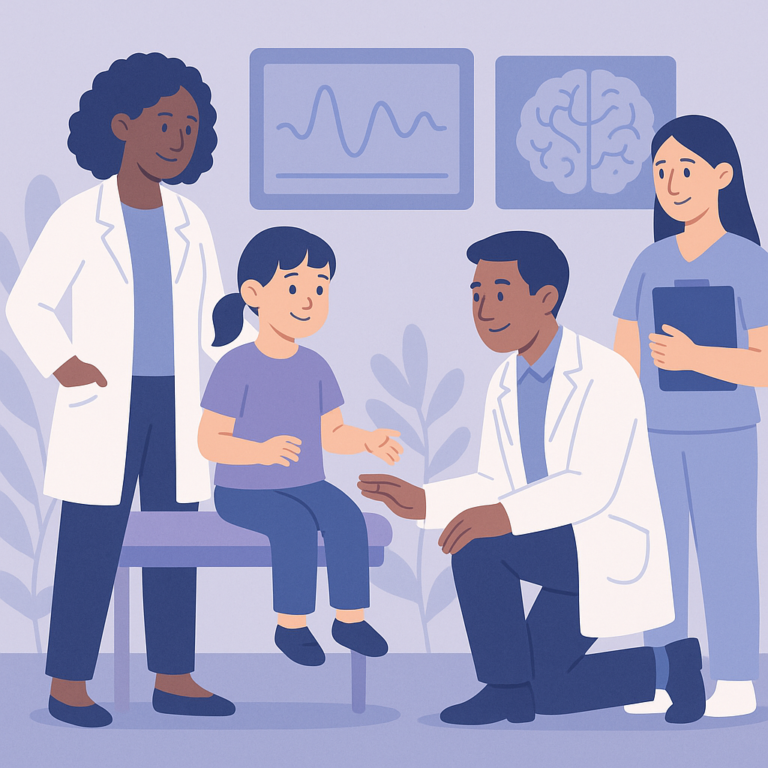
Researchers studied how children with movement disorders, specifically those with severe muscle stiffness (known as hypertonia), are evaluated before undergoing neurosurgery.
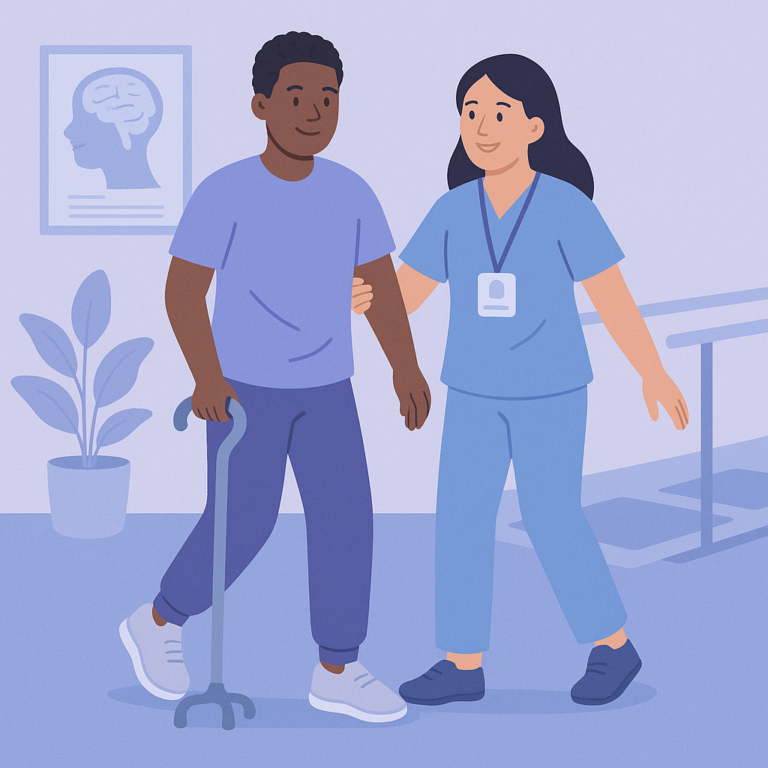
The I-ACQUIRE Phase 3 trial studied infants and toddlers aged 8 to 36 months who had experienced perinatal arterial ischemic stroke, which can lead to movement difficulties and other disabilities.

This study looked at the effects of a medication called cenobamate on young adults with tuberous sclerosis complex (TSC) who have epilepsy that does not respond to other treatments.
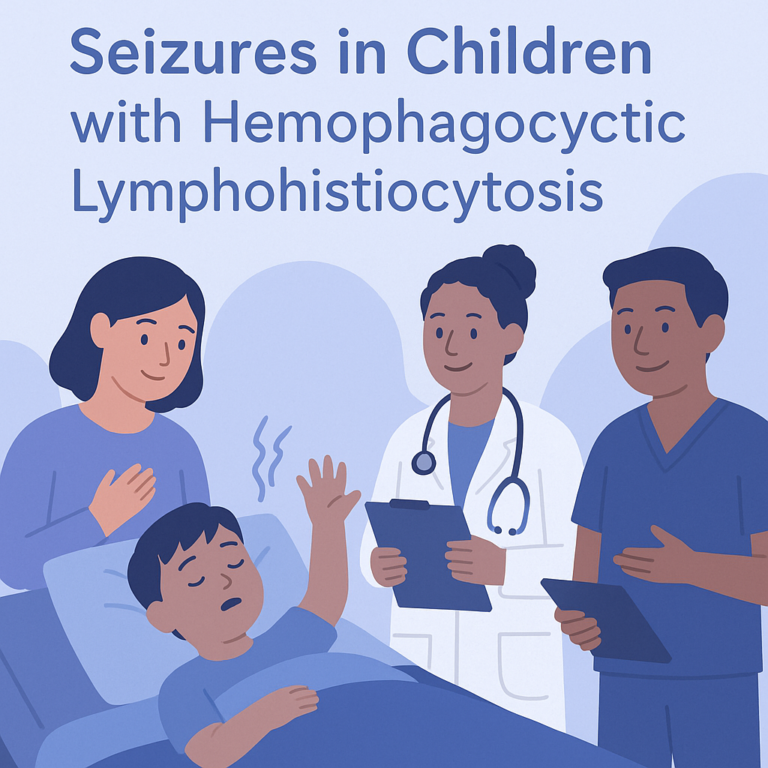
This study focused on children with hemophagocytic lymphohistiocytosis (HLH), a serious condition that causes severe inflammation and can affect the brain.
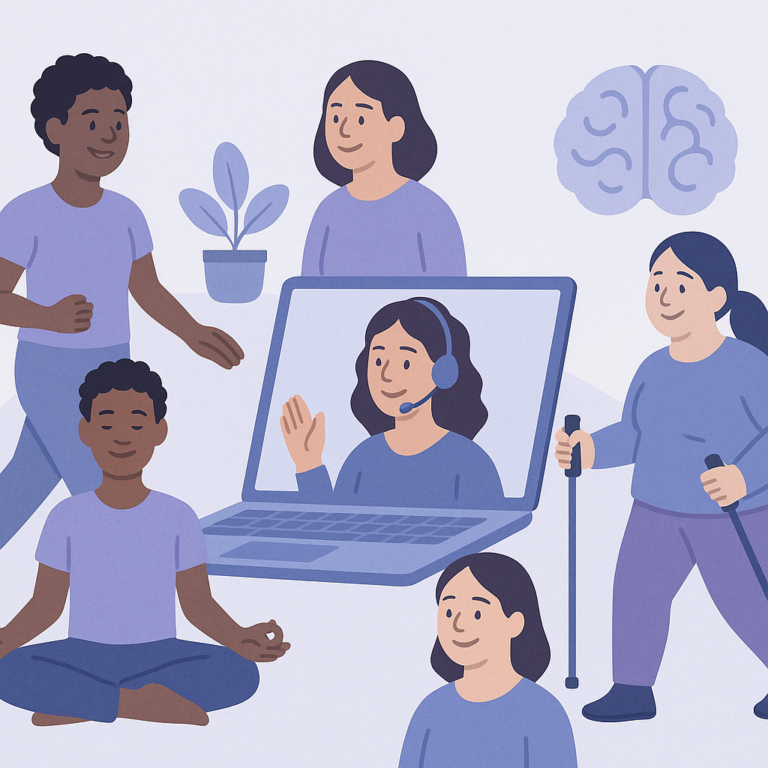
Researchers studied how telecoaching (TC) can help people with epilepsy become more physically active and improve their quality of life.
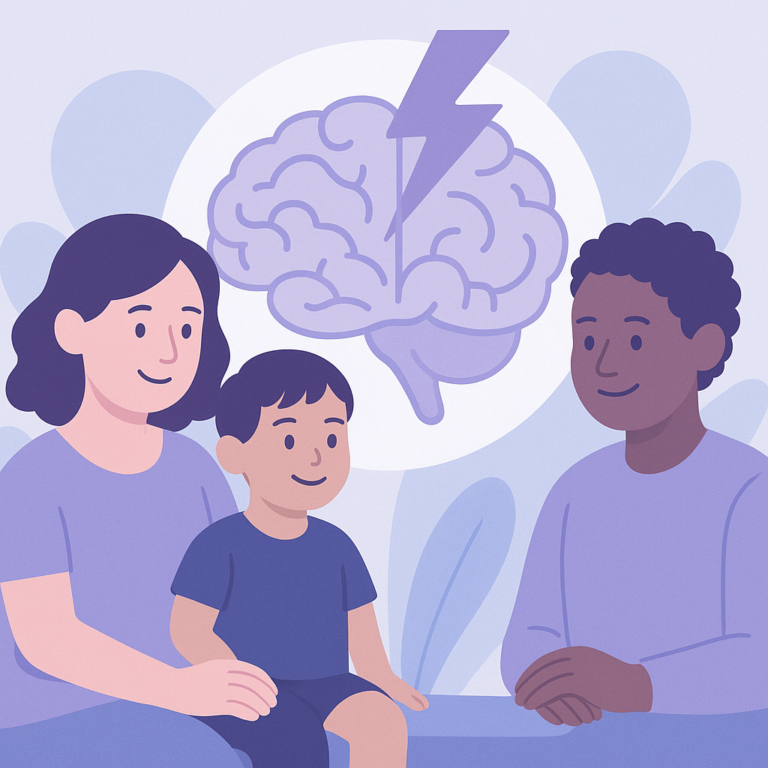
This study looked at the risk of epilepsy in children with congenital anomalies (CAs), which are birth defects that affect how the body develops.
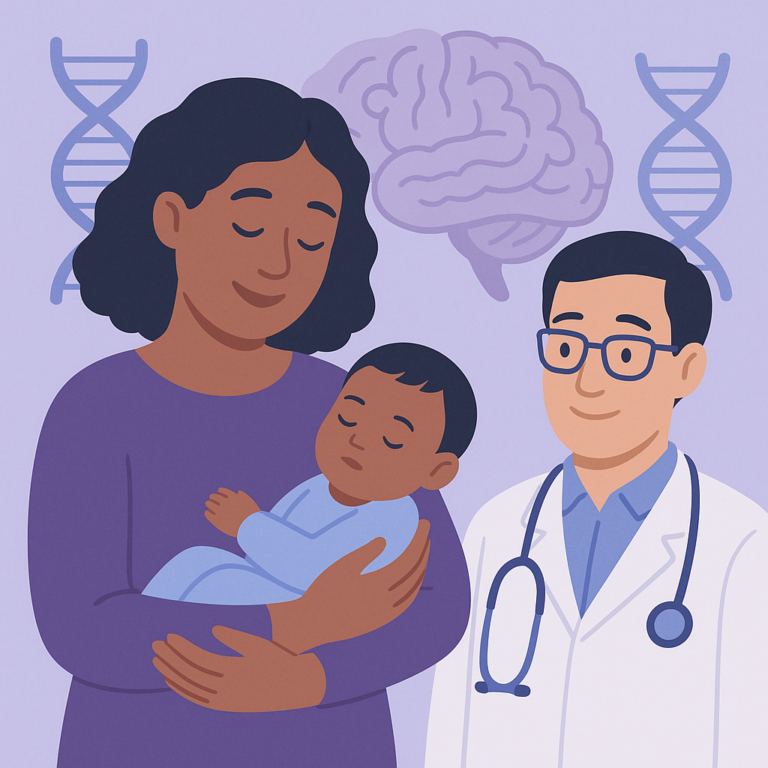
Researchers studied early infantile epileptic encephalopathy (EIEE), a severe type of epilepsy that starts in infants and can lead to serious developmental issues.
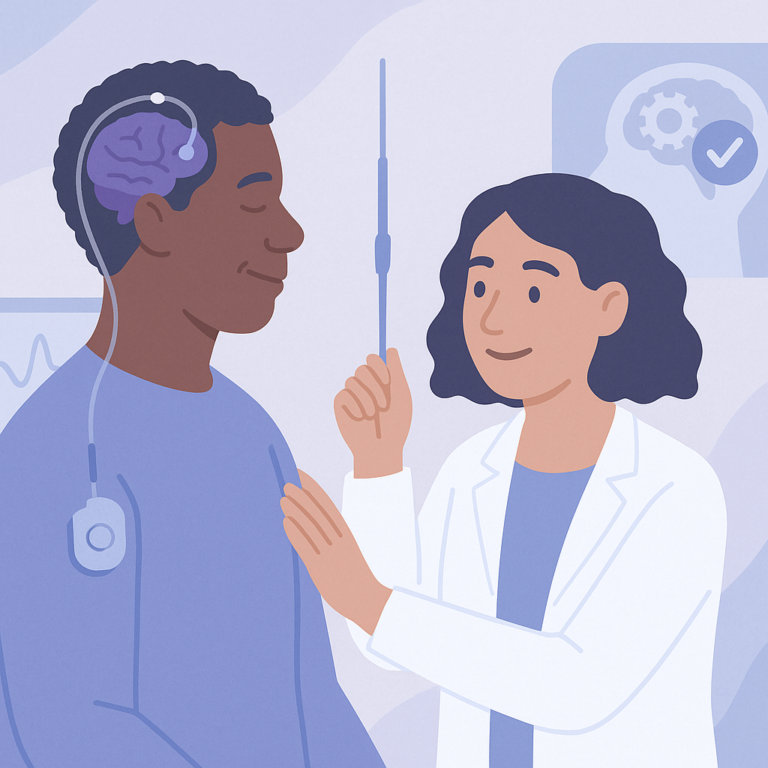
Researchers studied the effects of a treatment called continuous hippocampal deep brain stimulation (Hip-DBS) on memory and cognitive function in patients with drug-resistant temporal lobe epilepsy (TLE).